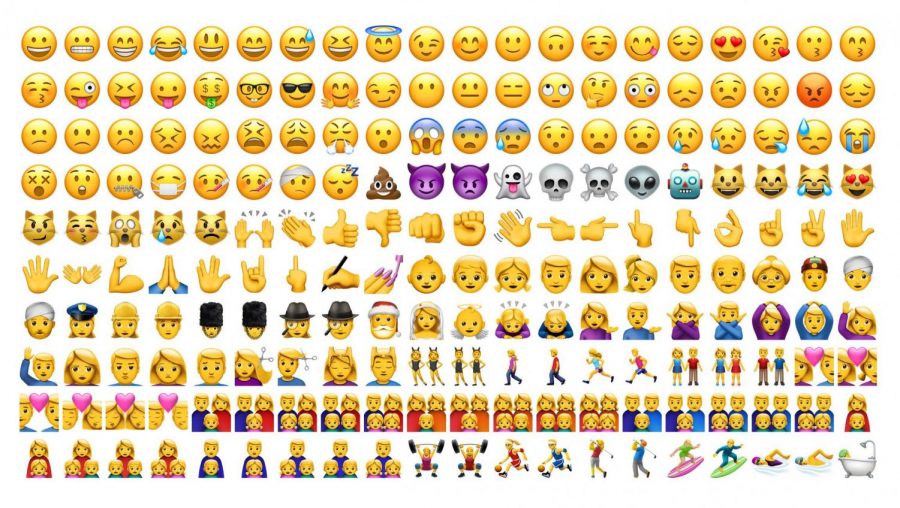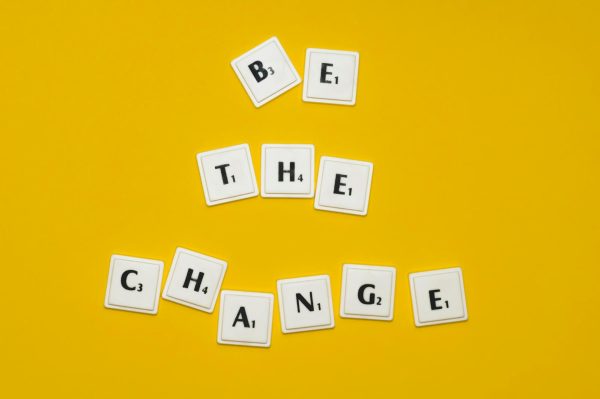Emojis: For the Better or Worse?
Fascinated with ever-changing nature of language and in hopes of pursuing linguistics at university next year, I sought to explore the effect of the infamous emojis on the interpretation of language in computer mediated communication for my extended essay. The question whether emojis improve or deteriorate language, inevitably surfaced- but what was the verdict?
For those of you who are unfamiliar with the term ‘emoji’, they’re those small pictographs you can’t seem to escape on social media. Inherently, the widespread use thereof causes changes within our language and hence our lifestyle and society.
Although you may argue that emojis aren’t apart of language, be reminded (or informed) that the “face with tears of joy” emoji was chosen by Oxford Dictionary’s Word of the Year in 2015.
Emojis have slipped their way into thousands of aspects within our lives, be it film, fashion and marketing. Most commonly, emojis are found within our online communications.
Contrary to popular belief however, emojis do not ‘dumb us down’ or in any way deteriorate communication at this point. Within the branch of linguistics dealing with the online communication channel, research suggests that emojis in fact aid communication, making online conversations easier to interpret. In other words, pairing a smiley face with a message has different implications than when a message is aided by a frowny, or negative faced smiley. In turn, emojis increase the valence of messages online allowing for the atmosphere of a message to be properly interpreted. How long these positive contributions to language will keep up, remains in question.
However, emojis have received their fair share of criticism. They’ve been labelled racist and sexist up until their introduction of more diverse emojis. Emojis reflect the social mind-set, their implications and meanings continuously evolving and developing with time and society.
But what do the implications of emojis mean for us?
Seeing as, in most cases, emojis do ‘mean more than a thousand words’, improve the interpretation of language and stimulate visual thinking, emojis are being adapted to things like teaching, hospitals and more.
Additionally, emojis lay the foundations for a universal language, this may even be their biggest future contribution to society. Emojis embody specific emotions and connotations, therefore their ability to transcend languages. Dictionaries have been dedicated towards defining the meaning of specific emojis. Once all individuals agree upon the connotation of them and are aware of these, emojis can be interpreted as its own language, used to surpass language barriers and can ultimately contribute to international communications.
Inherently, the question whether this language would be successful remains, but the possibility is remarkable. Could these simple pictographs be the cross over between languages and cultures? How long will emojis really contribute to language rather than deteriorate it? We’ll have to wait and see.








